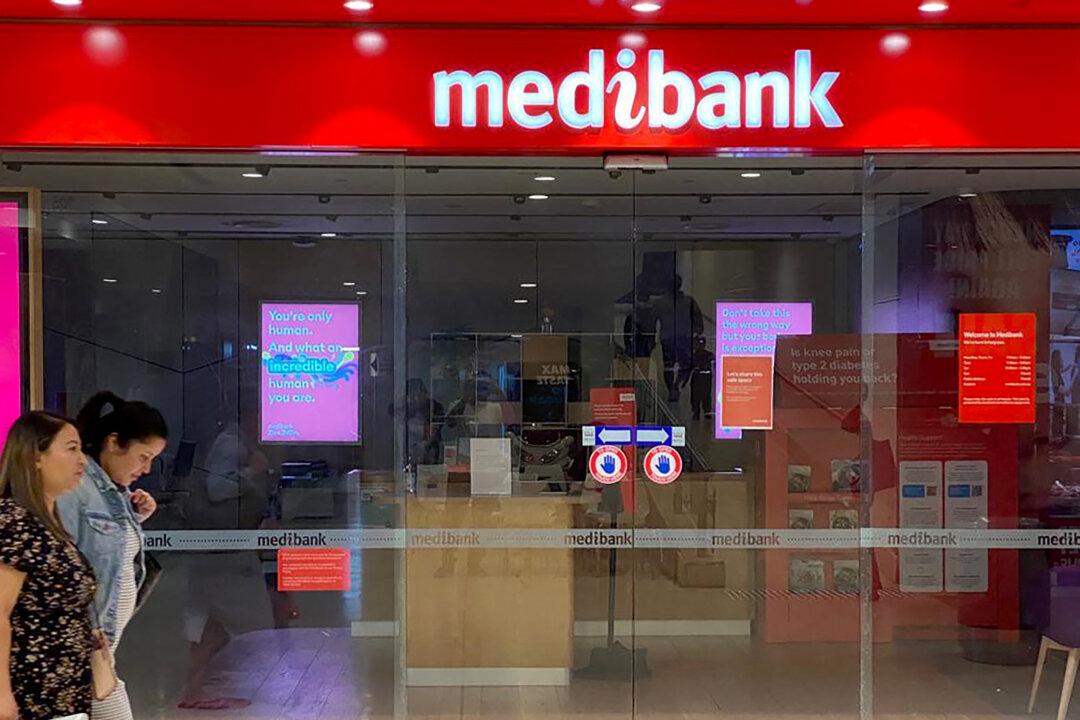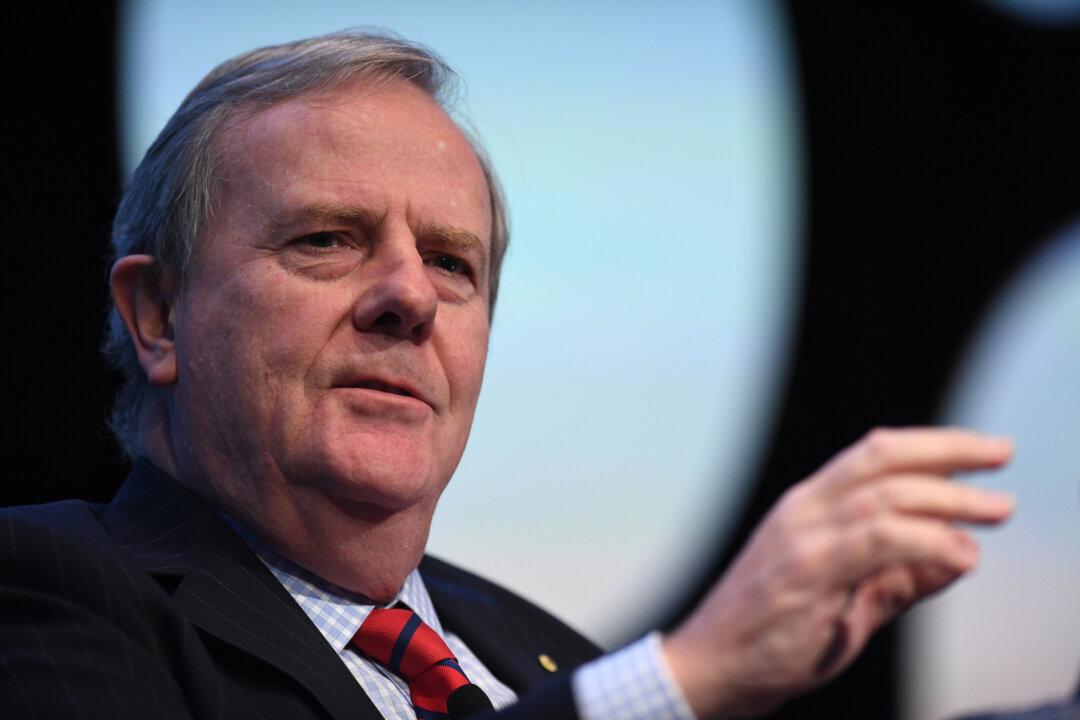Australians already struggling with sharp rises in household expenses will face a 3 percent bump in private health insurance premiums—the largest rise in five years after the federal government changes.
About 14.7 million Australians hold private health insurance coverage with the 3.03 percent increase higher than the 2.9 percent in 2023, and 2.7 percent in 2022.





